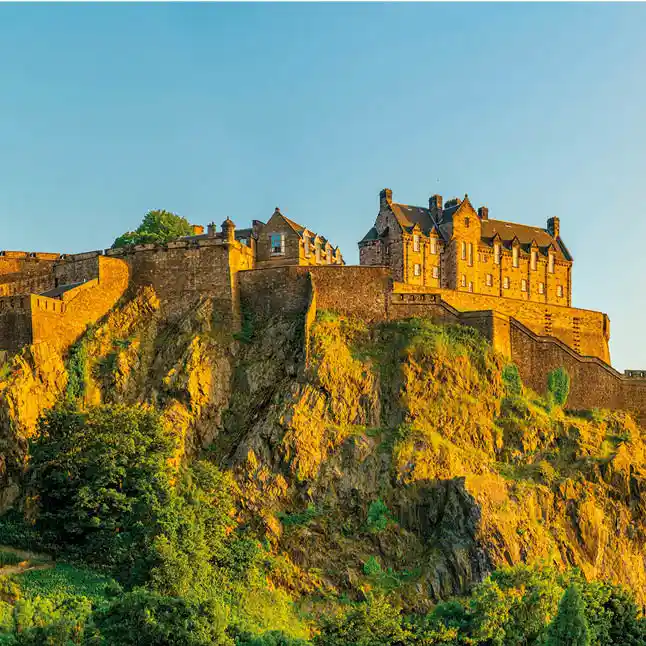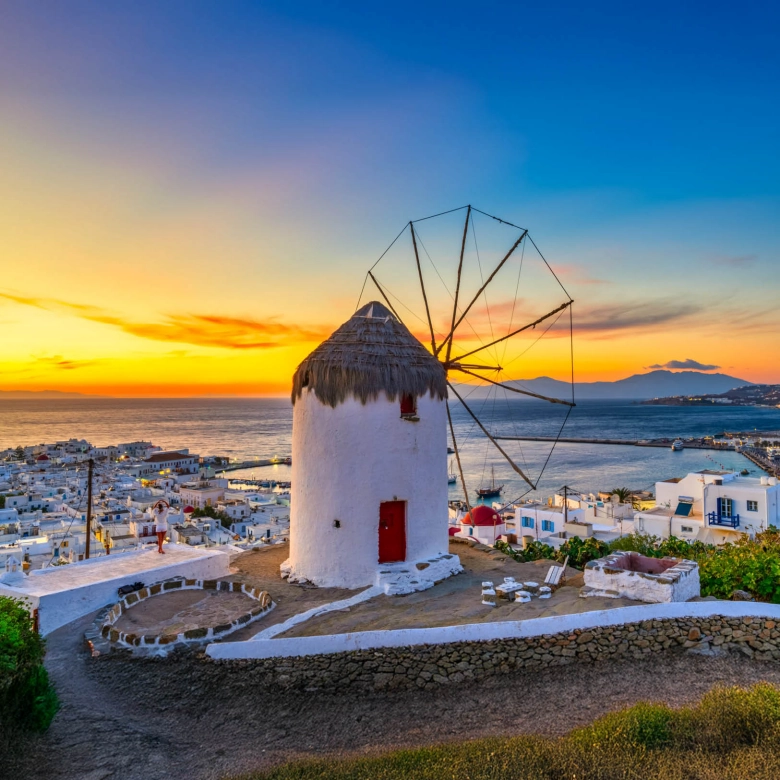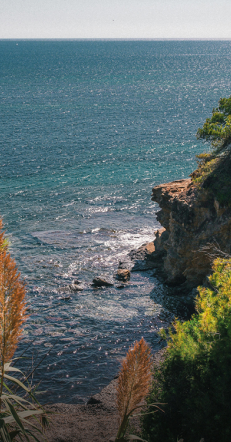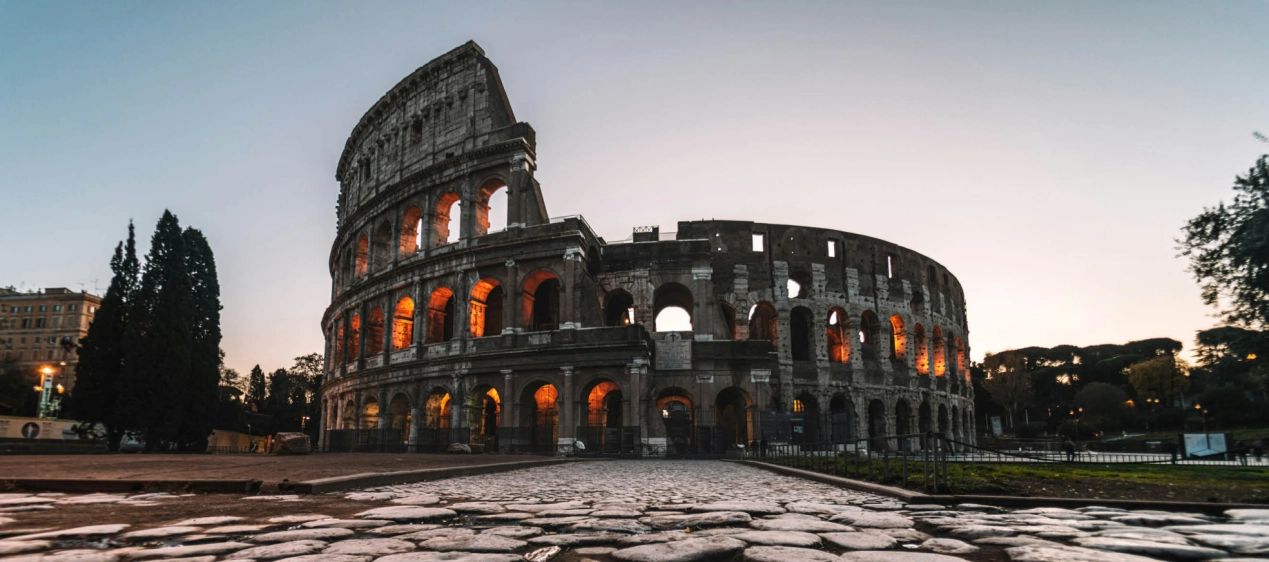- Rome and The Colosseum: The gladiators not only fought; they also performed shows with exotic animals. This impressive amphitheater had a sophisticated system of elevators and trapdoors that amazed spectators, creating an exciting and dramatic atmosphere.
- Barcelona and The Sagrada Familia: still under construction, has been financed only by private donations. Antoni Gaudí dedicated more than 40 years to this project, and every architectural detail reflects his spiritual vision and connection with nature, making it a symbol of the city.
- Istanbul and The Basilica Cistern: hidden under the city, it is a masterpiece of engineering. Built in the 6th century, its mystical environment includes decorated columns and a famous Medusa head, adding a touch of mystery to its fascinating history.
- Mykonos: La isla es famosa por sus “pelicanos” residentes. Petros, el pelícano original, se convirtió en la mascota de Mykonos en los años 50. Hoy, sus descendientes pasean libremente, encantando a los turistas y simbolizando la vida isleña.
- Florencia: La cúpula de la Catedral de Florencia, diseñada por Brunelleschi, fue una hazaña arquitectónica en el siglo XV. Con 45 metros de diámetro, es la mayor cúpula de ladrillo sin soporte, y subir a su cima ofrece vistas impresionantes de la ciudad.


















